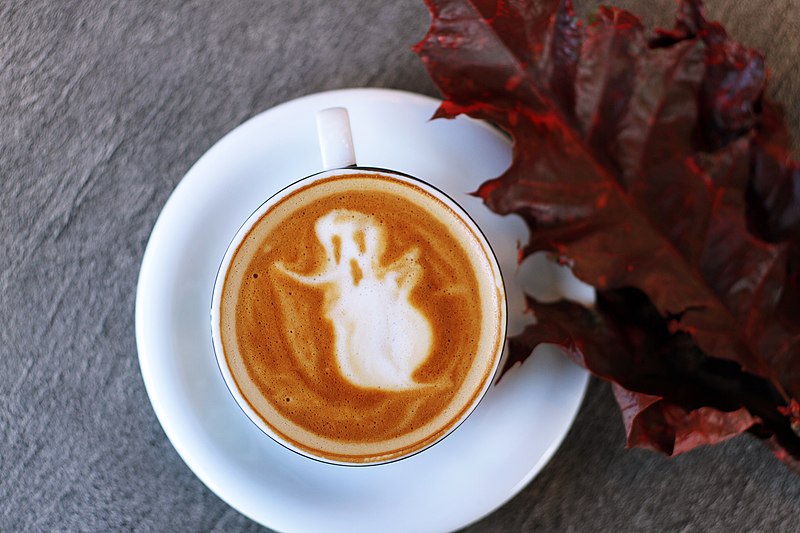I think I'd rather have people find a cure for cancer, or figure out if Mars will be inhabitable one day for our species ... but some are spending considerable effort, and time, to produce books like The Bestseller Code: Anatomy of the Blockbuster Novel by Jodie Archer and Matthew L. Jockers.
This book appeared way back in the prepandemic days and I'm just getting to it (I found a remainder copy recently): I've been spending most of my free time these days on … what else? Writing (and going through some old issues of the TLS that have been piling up: for me, it’s the literary equivalent of binge-watching shows on Netflix, I guess.)
Let me save you some money on this book and offer a few conclusions about its argument:
Big sellers use the word "thing" (the code book applied some kind of algorithm to figure this out)
Intimacy sells but explicit sex doesn't
Create appealing, pro-active characters
Writing a book is hard
I’m not sure who the actual customer/audience is going to be for this book — the same group, I wonder, who are interested in getting real estate licenses? Taking a formulaic approach to writing is something that sends a chill down my spine. I can't imagine applying a formula or crunching the number of times I'm using the word "thing" in order to know if my work is good or not.
The other issue I have with books like this one—which promise a "this is how it's done" approach—is that they offer a hindsight view: the minute something new comes along that is totally different, this book’s argument will collapse.
It all comes down to a single question: Why do we write?
We write because we want to communicate with others and ourselves--and I've been lucky in this blogosphere to encounter some wonderful folks--and the creation of a bestseller shouldn't be the principle guiding you. (If you happen to create one, that’s wonderful of course.)
Following a “code” will turn the whole process of writing into a painful exercise instead of a joyful one, and you'd be better off doing something else instead. Like curing cancer, or looking for life on Mars.
Onwards, my friends.





